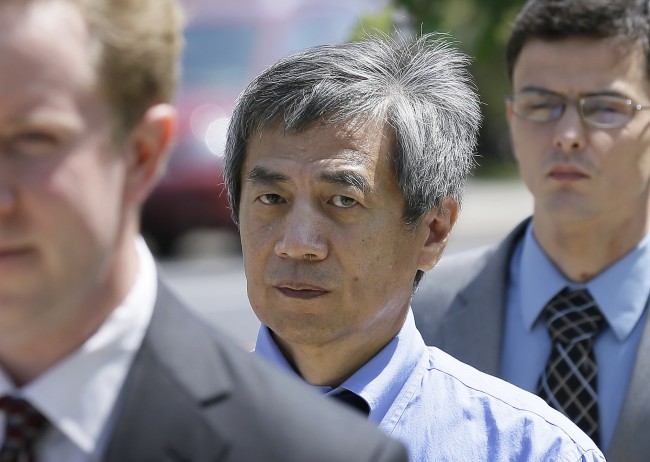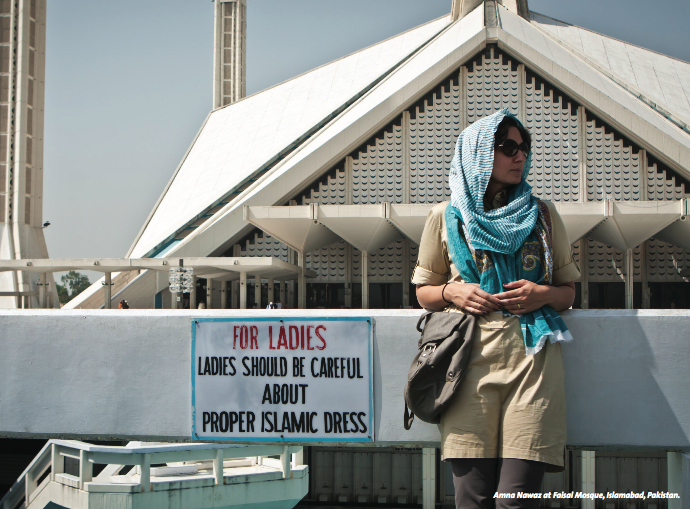by REERA YOO | @reeraboo
editor@charactermedia.com
Dong-pyou Han, a former Iowa State University (ISU) researcher who falsified the results of an experimental HIV vaccine, was sentenced to more than four years in prison on Wednesday, according to the Associated Press.
U.S. District Judge James Gritzner also ordered Han, 57, to repay $7.2 million in grant funds his team received from the National Institutes of Health (NIH). In February, Han entered a plea agreement and admitted guilty to two counts of making false statements in research reports.
Han’s fall from grace can be traced back to 2008 when he was a part of an HIV vaccine research team led by Dr. Michael Cho, who was a professor at Case Western Reserve University in Cleveland. In court, Han said he had initially mixed human blood with rabbit blood by accident, which gave the impression that the potential vaccine boosted an immune defense against HIV virus—a result that was considered to be a major breakthrough.
Cho soon applied for grants with the NIH, whose officials were “flabbergasted” by the promising results, reported the Washington Post. Afraid to disappoint the scientific community, Han continued to alter future blood samples and never notified Cho of his mistake.
In 2009, ISU recruited Cho and his team, including Han, to continue their HIV vaccine research with NIH funding. As more grant money continued to pour in, other scientists studied Cho’s team’s research to validate its results. In January 2013, a group of researchers at Harvard University found something strange in the rabbit blood samples Cho’s lab sent: human antibodies.
Han’s public defender Joseph Herrold asked the court for probation instead of jail time, citing his client’s lack of criminal record.
“This is not an individual who is a pathological liar nor a con artist, but rather a man who got himself caught up in a lie that he was unable to confront,” Herrold wrote in a sentencing report filed on Monday, according to the De Moines Register. “He regrets the hurt he has caused to his friends and colleagues, the damage he has caused to government funded scientific research, and the pain he has caused any members of the public who had high hopes based on his falsehood.”
Prosecutors, however, claimed that a prison sentence would serve as a deterrent to other academics considering academic fraud, AP reported.
“It is important that we stand up not just for punishing the fraud committed against the United States government, but for the research that should be legitimately taking place on this devastating disease,” Attorney Nicholas A. Klinefeldt said in a statement.
Judge Gritzner sentenced Han to 57 months in jail, with three years of supervision upon release. He said, “The court cannot get beyond the breach of the sacred trust in this kind of research. … The seriousness of this offense is just stunning.”
According to Herrold, Han would no longer be able to work in his field of choice and is likely to be deported to South Korea, his native country. The attorney added that if Han is deported, he would be separated from his wife and two adult children who are U.S. citizens.
Cho’s team continues to work on the HIV vaccine development at ISU and has received a $30,000 grant, reported the Des Moines Register.
___
Featured image courtesy of Charlie Neibergall/AP Photo.
![]()






